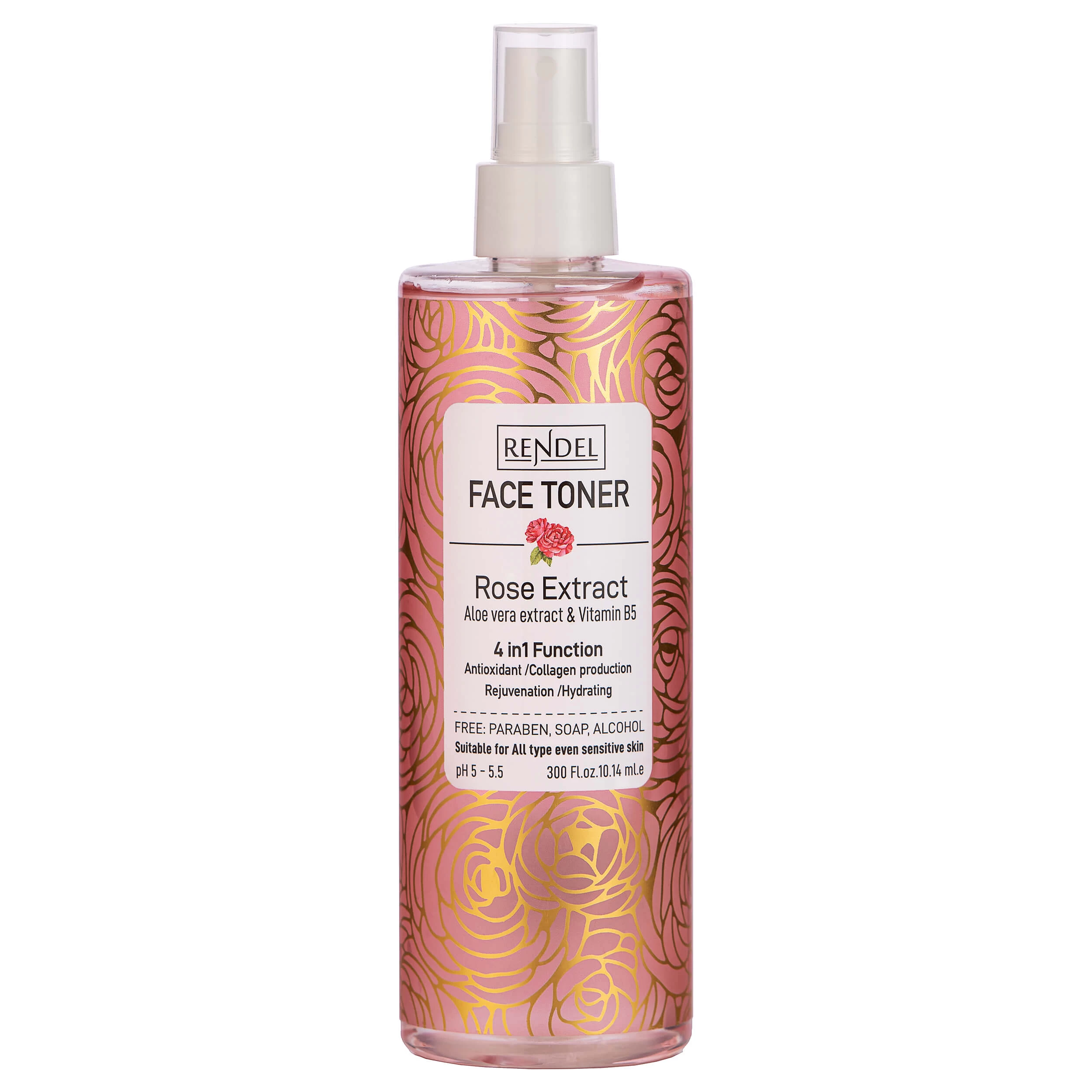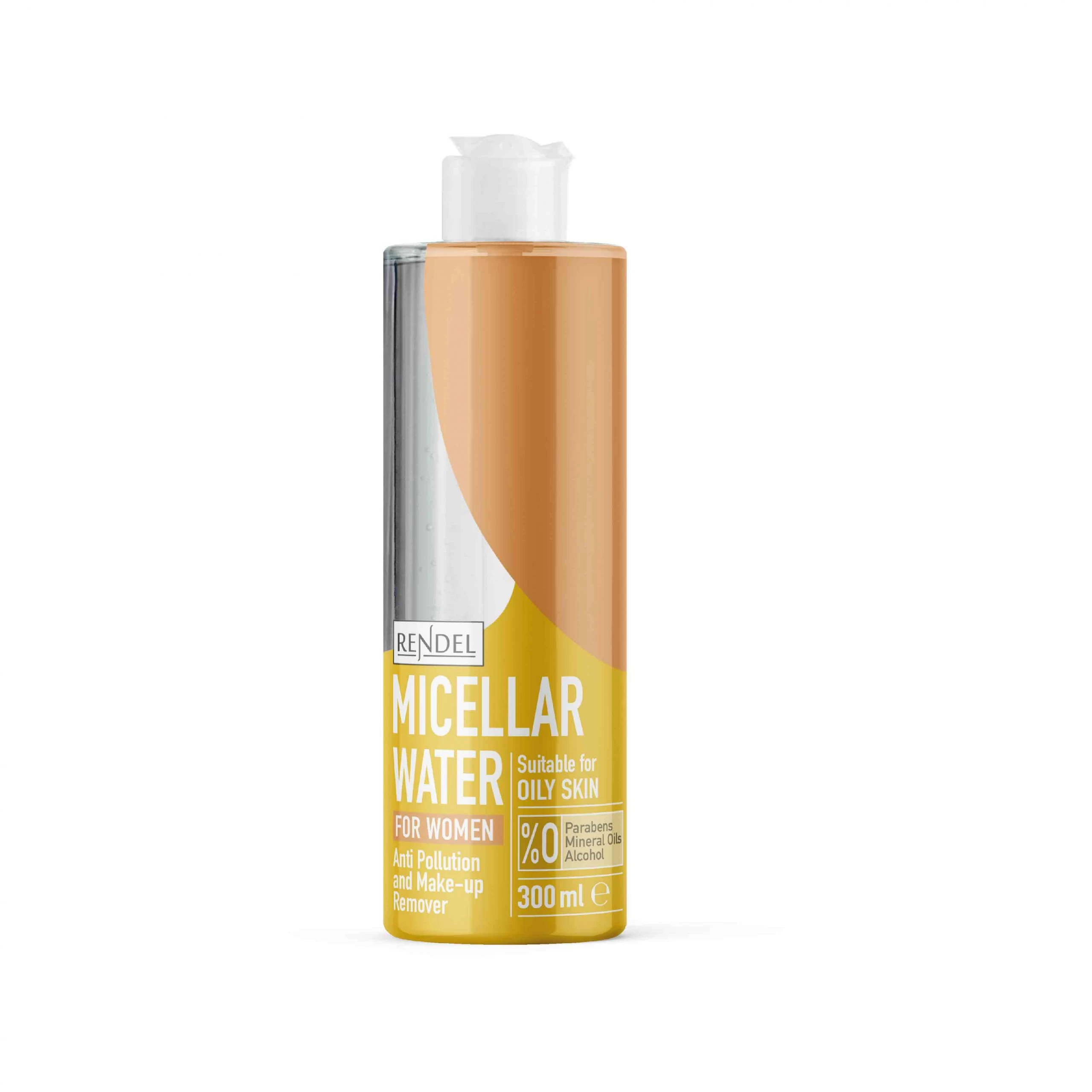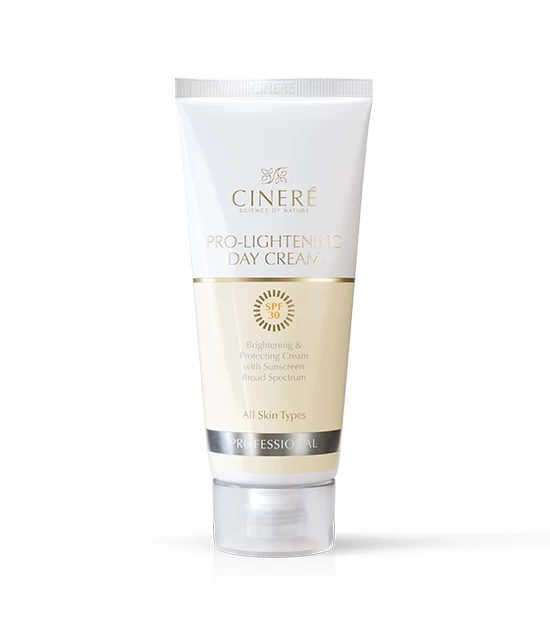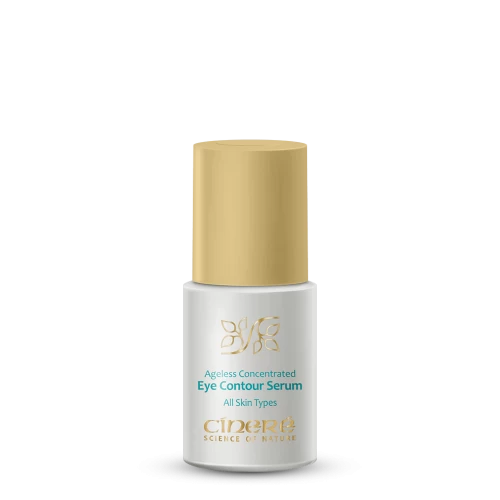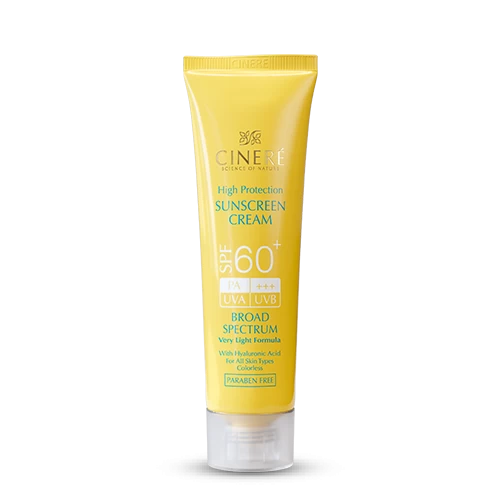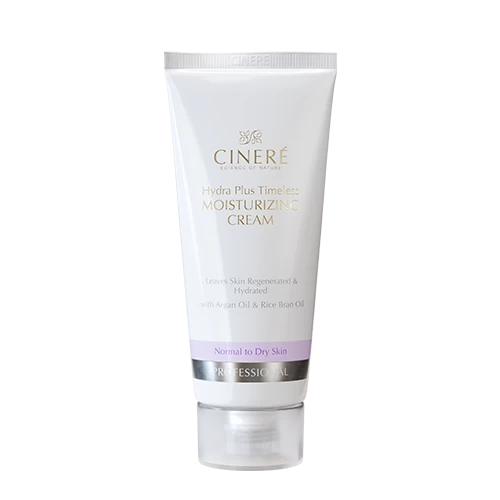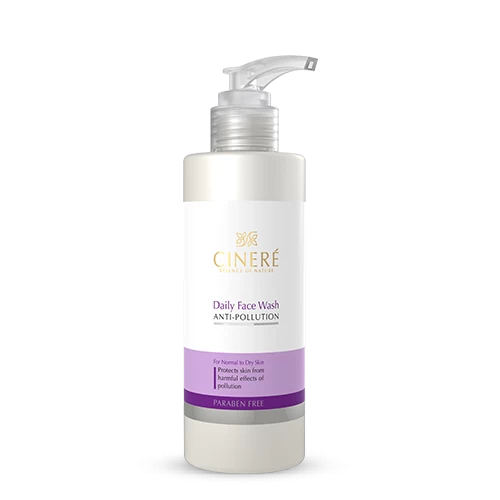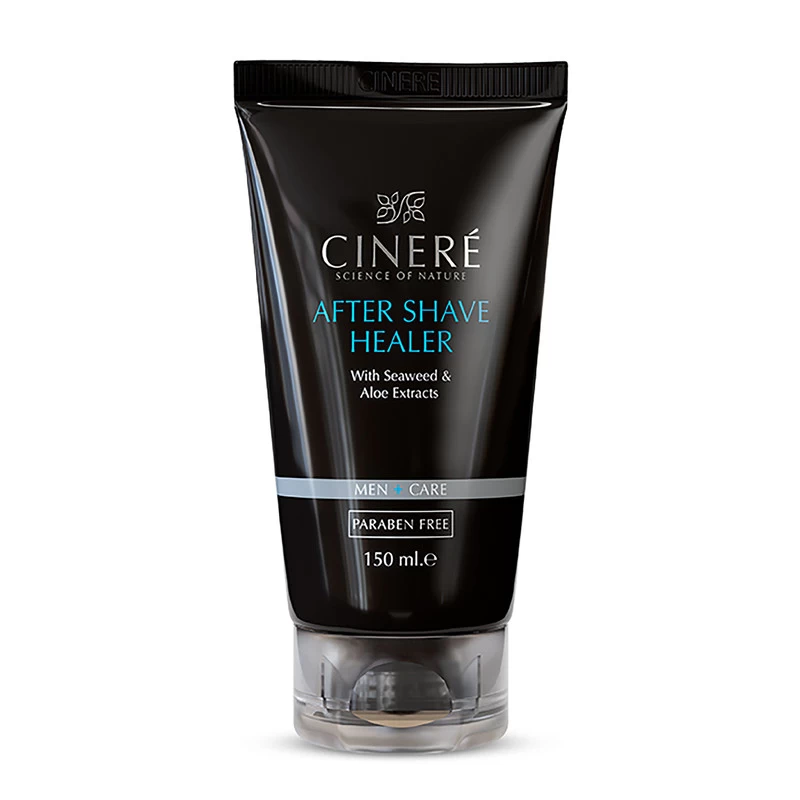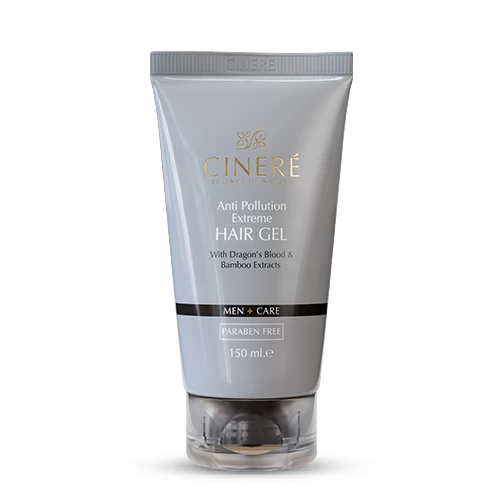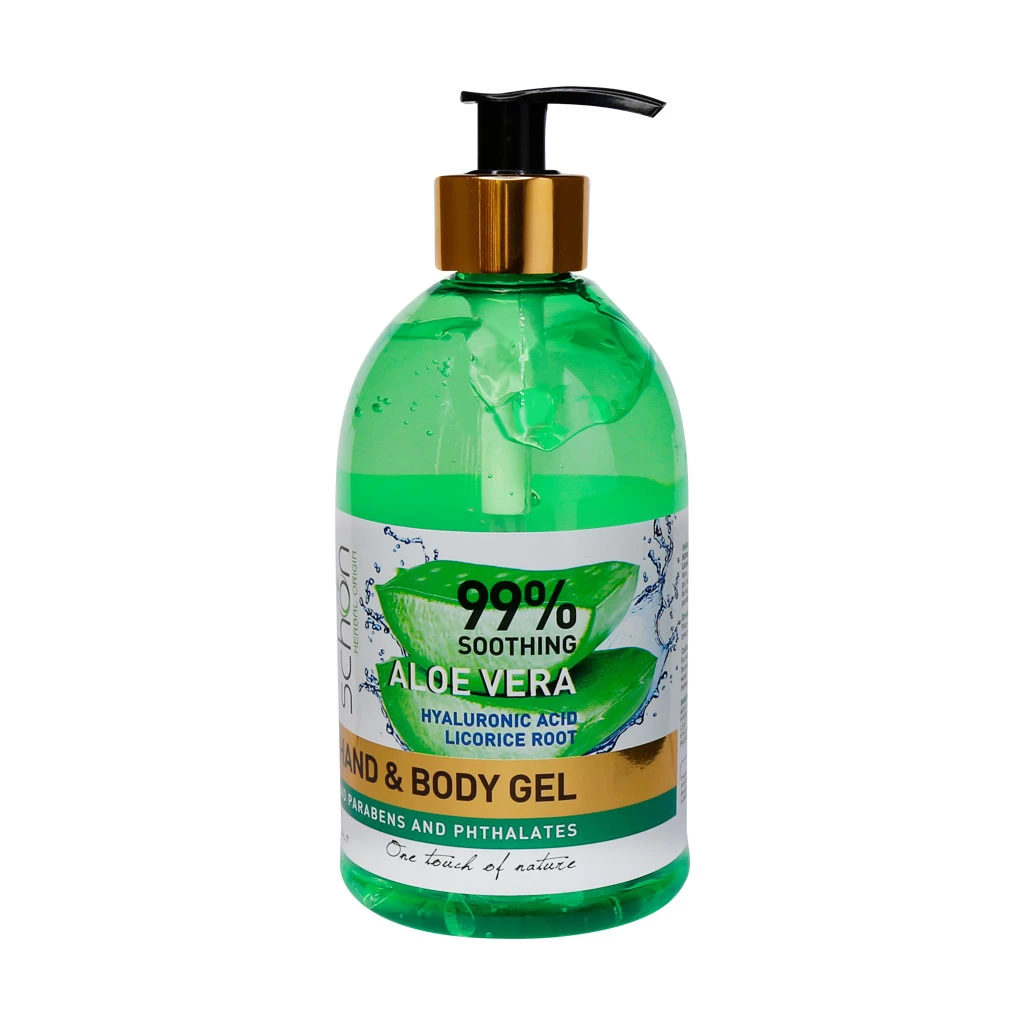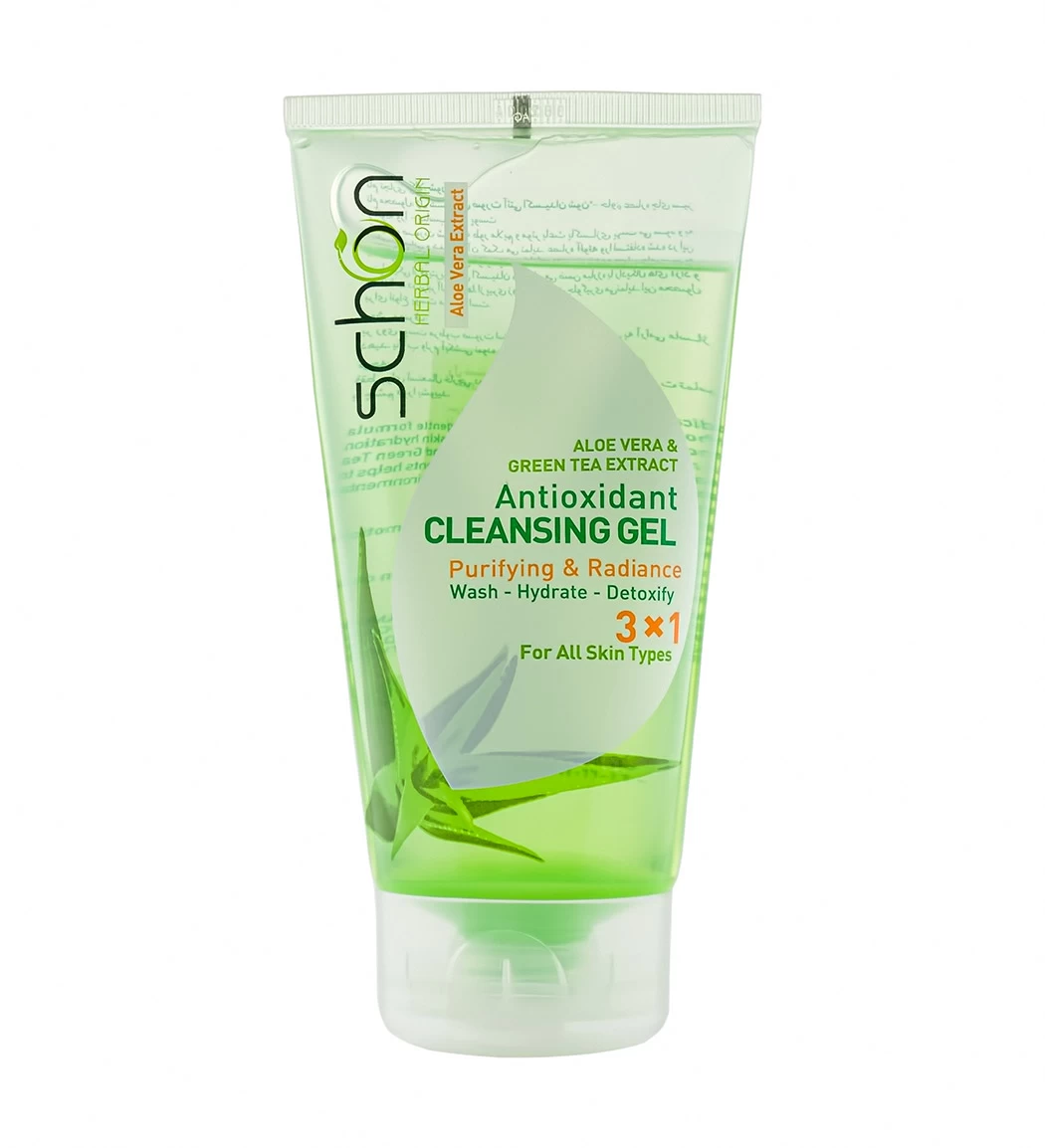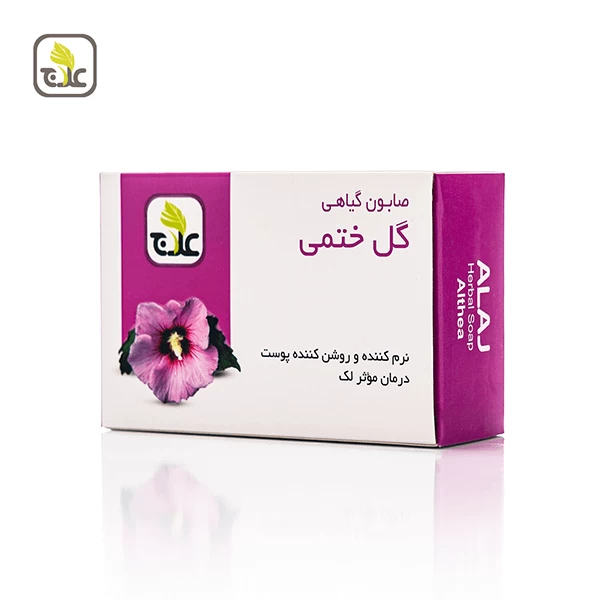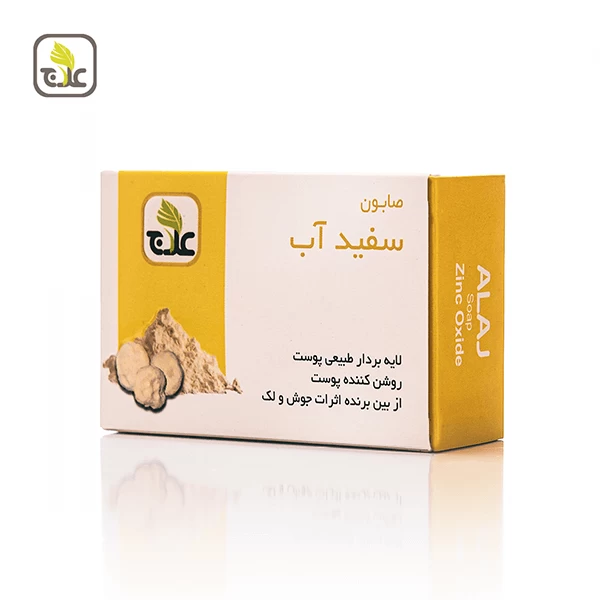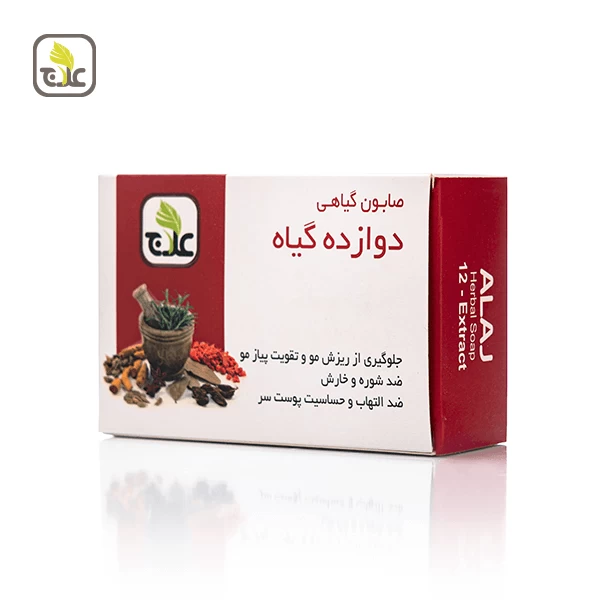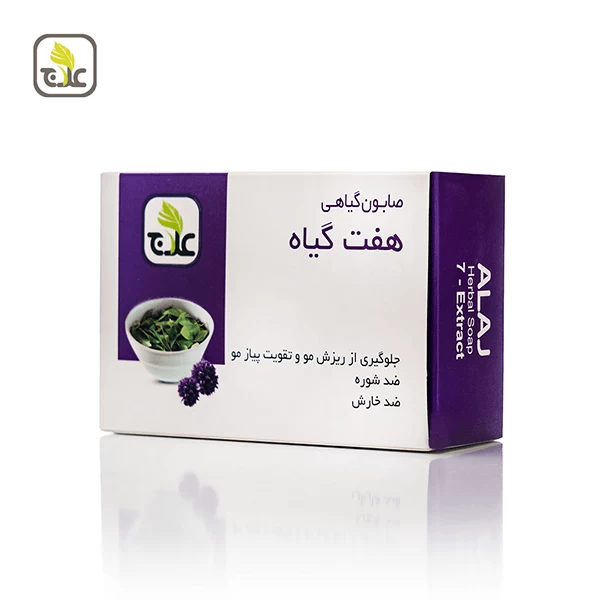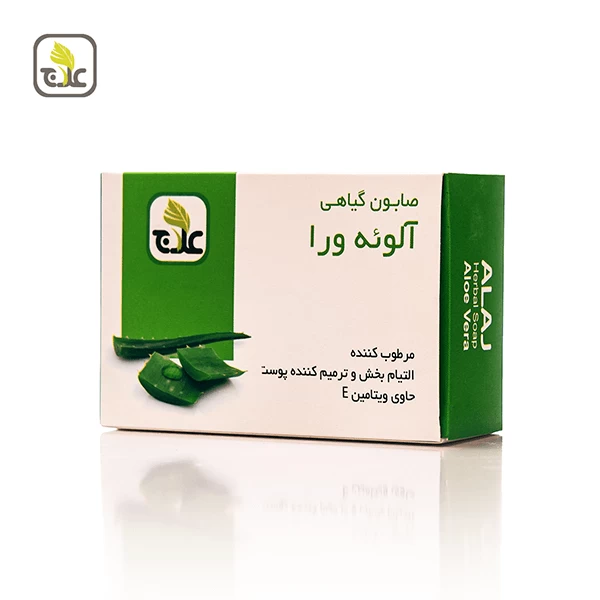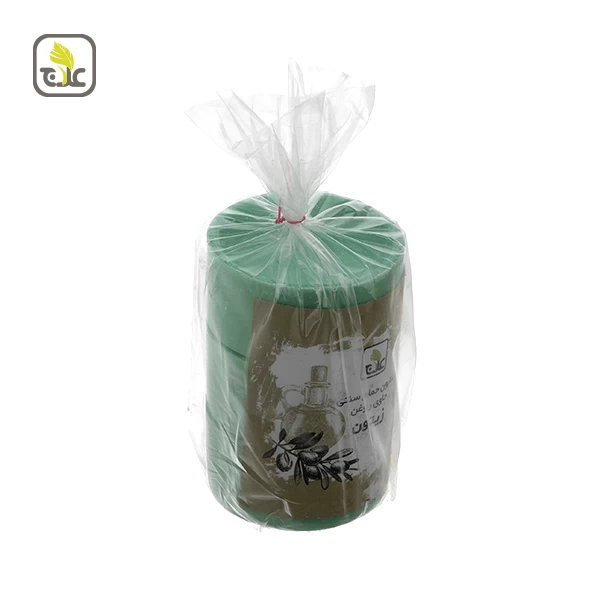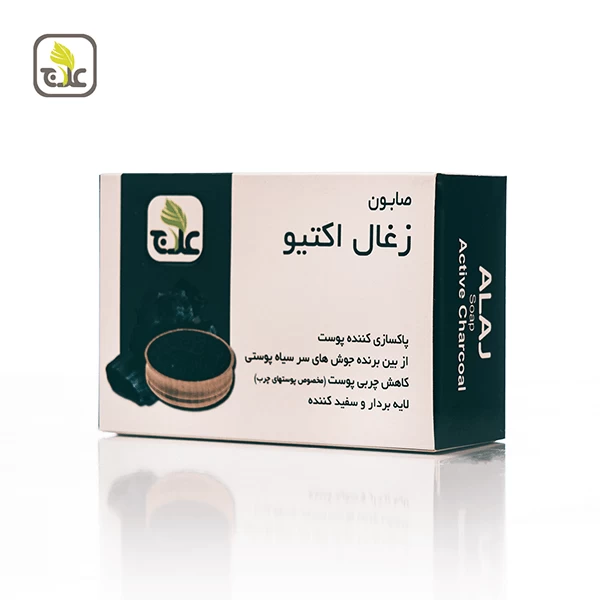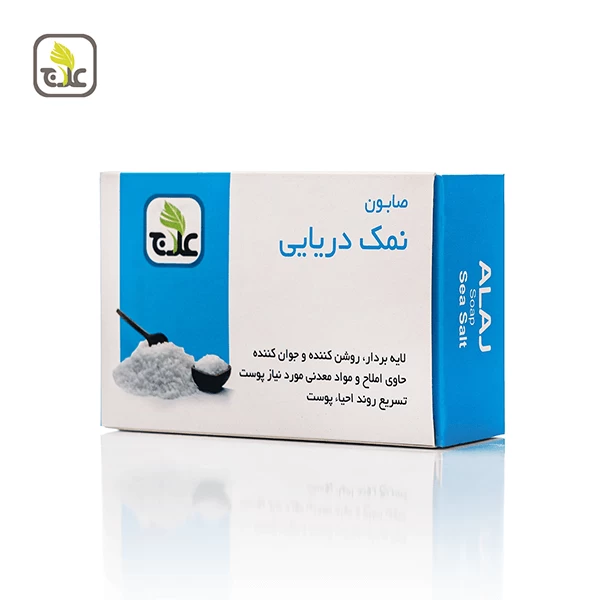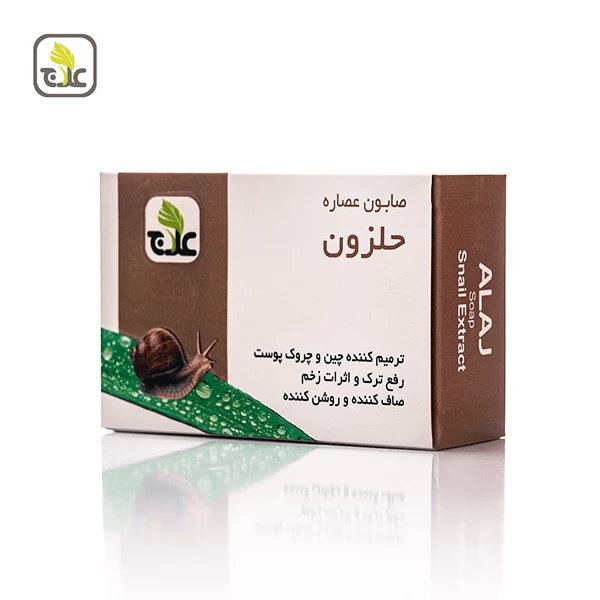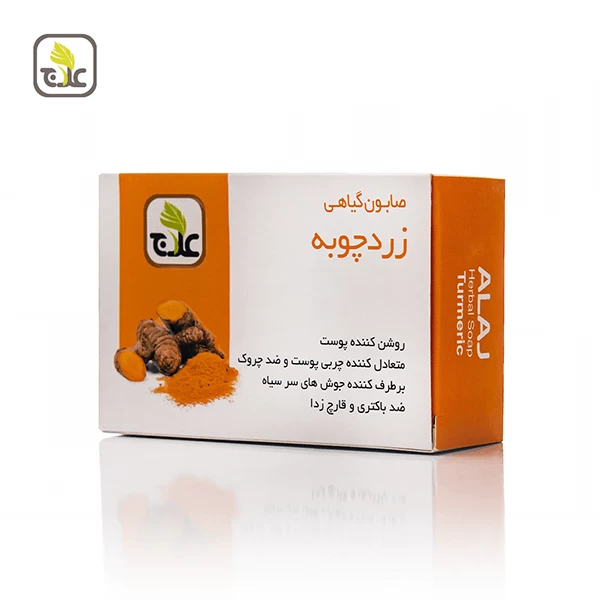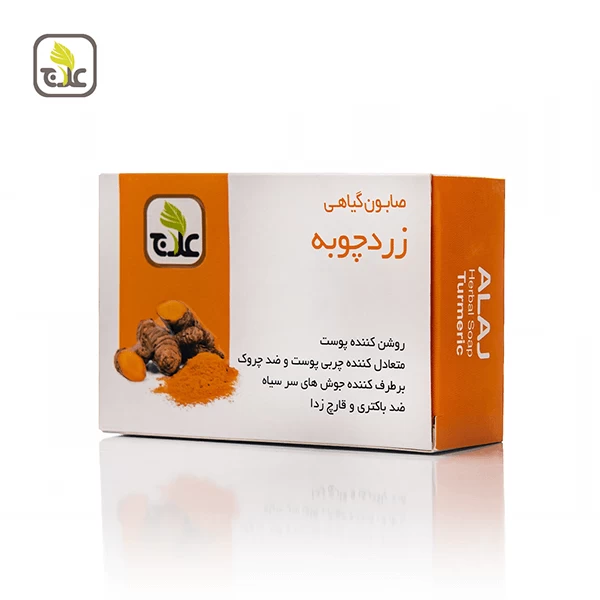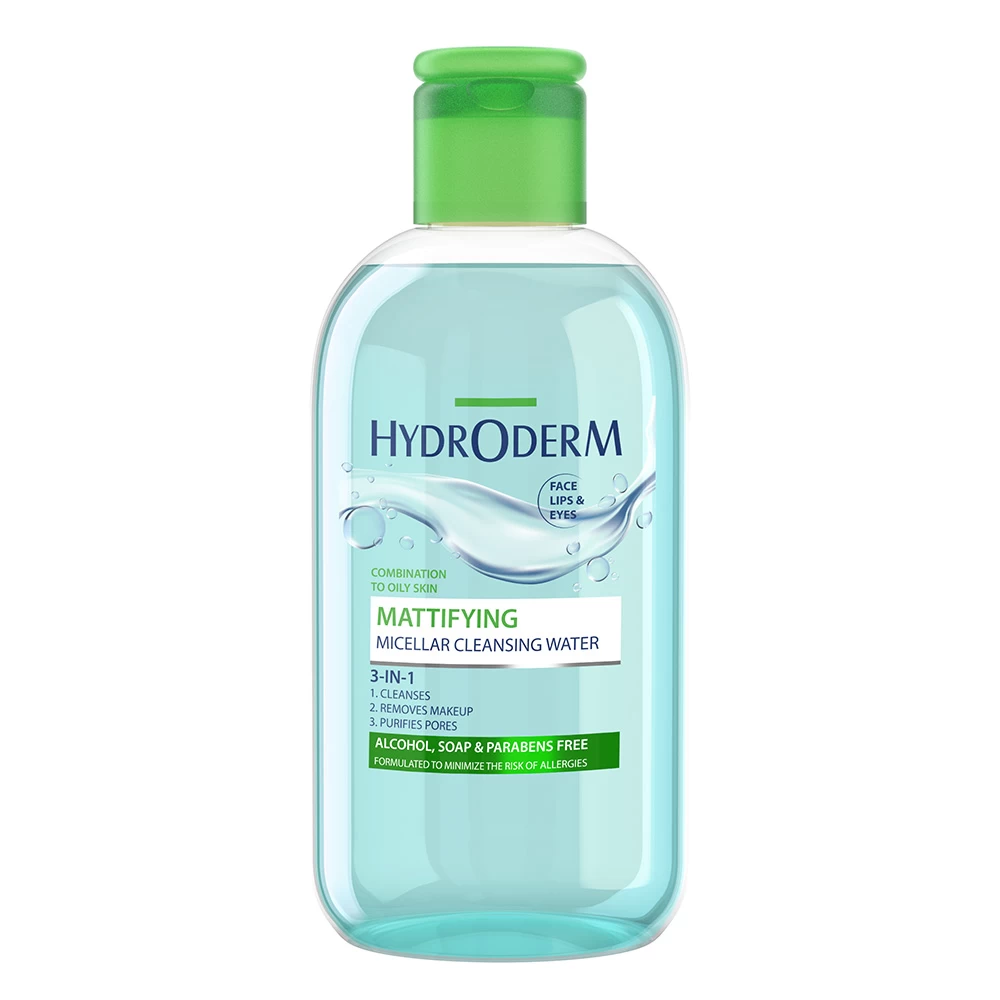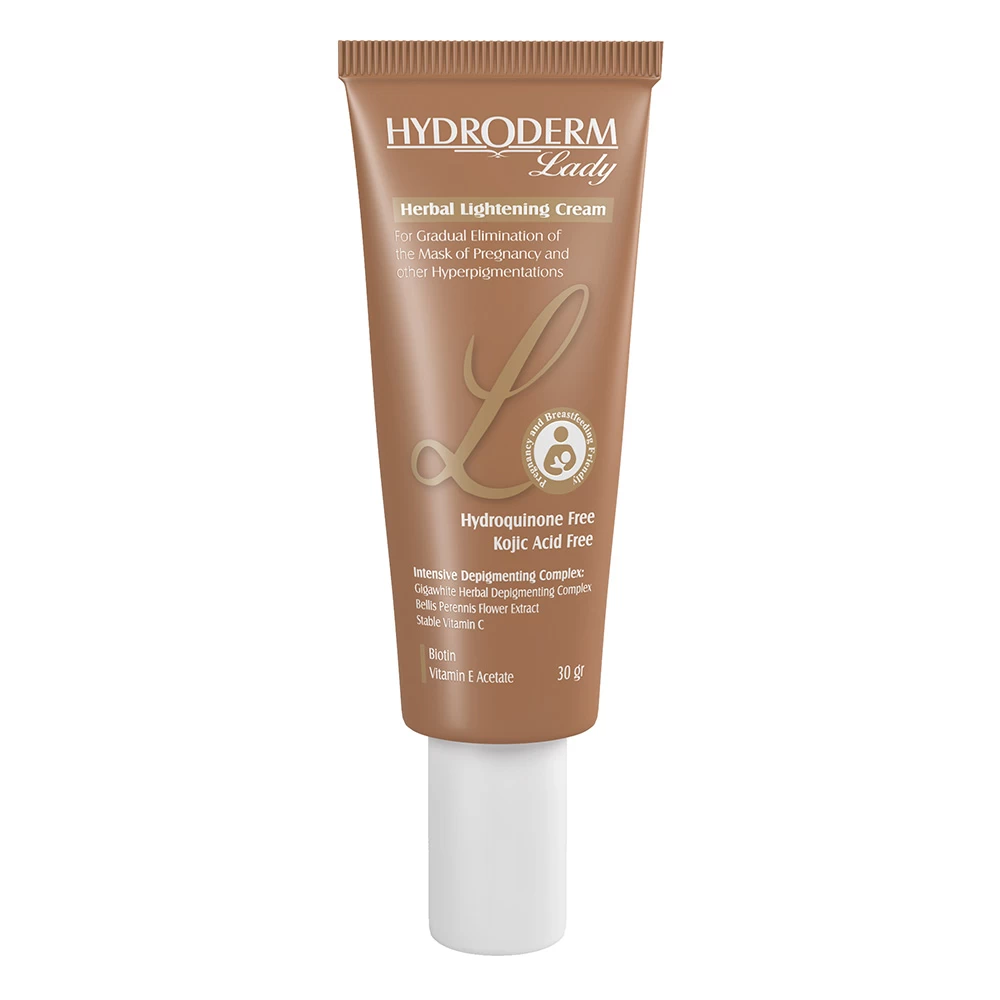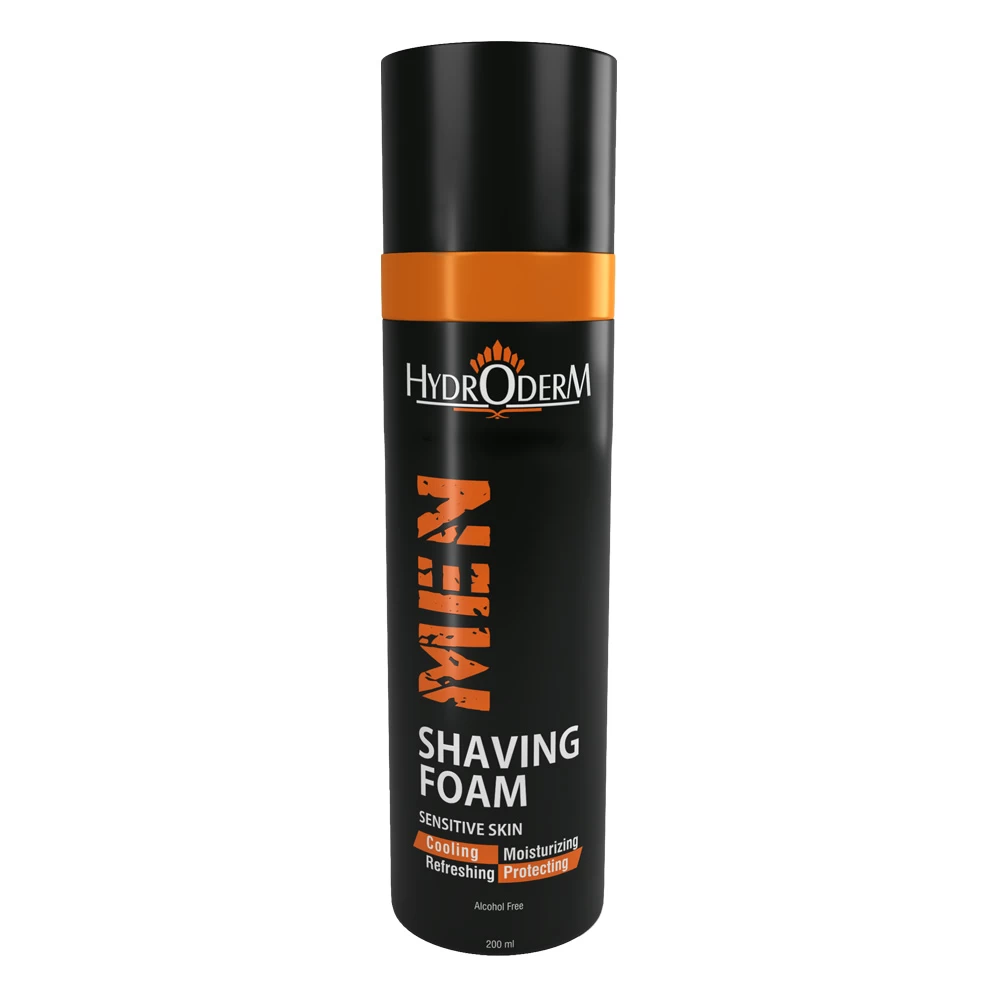Skin Care & Tools
Skincare products play a crucial role in maintaining healthy skin. Cleansers help remove impurities, while toners balance the skin's pH. Moisturizers hydrate and protect, and sunscreen is essential for UV protection. Ingredients like hyaluronic acid and retinol are popular for their anti-aging benefits, while products with niacinamide can address various skin concerns. It's important to choose products based on your skin type and concerns, and consistency is key for visible results.
Cosmetic skincare products are designed for enhancing appearance and may include items like foundation, concealer, and tinted moisturizers. These products focus on creating a smoother complexion, covering imperfections, and providing a desired aesthetic.
On the other hand, personal care skincare products are more centered around maintaining skin health. Cleansers remove dirt and impurities, toners balance the skin's pH, and moisturizers hydrate and protect. Ingredients like retinol, hyaluronic acid, and antioxidants are often found in personal care products to address specific skin concerns and promote overall well-being.
In summary, cosmetic skincare aims at immediate visual improvements, while personal care products focus on the long-term health and condition of the skin. An effective skincare routine often combines elements of both for a balanced approach.
Skincare products, both cosmetic and personal care, undergo a manufacturing process that involves formulation, testing, and production. Here's a simplified overview:
1. Formulation:Chemists and skincare experts develop a formula, combining various ingredients to achieve specific product goals. These ingredients can include water, oils, emollients, preservatives, and active compounds depending on the product type.
2. Testing: The formulated product undergoes rigorous testing for safety, efficacy, and stability. This includes patch testing on human volunteers to check for allergic reactions and stability testing to ensure the product remains effective over time.
3. Production: Once the formula passes testing, it enters the production phase. Ingredients are carefully measured, mixed, and processed in controlled environments to maintain quality. This may involve emulsification, heating, cooling, and other processes depending on the product type.

Skincare products are typically manufactured using a variety of machines and equipment suited to different stages of the production process. Some common machines involved in skincare product manufacturing include:
1. Mixing Tanks/Emulsifiers: These machines are used for blending and emulsifying ingredients to create a homogenous mixture. They ensure uniform distribution of components in the formulation.
2. Homogenizers:These machines further refine the mixture, breaking down particles to create a smooth and consistent product.
3. Filling Machines: Once the formulation is ready, filling machines are used to accurately dispense the product into containers. These machines can handle different viscosities and ensure precise measurements.
4. Packaging Machinery: Various machines are employed for packaging, including filling and sealing machines, labeling machines, and cartoning machines. These automate the packaging process for efficiency.
skincare products typically contain a combination of chemical compounds. The term "chemical" here doesn't imply harmful substances but refers to any substance with a distinct molecular composition.
It's important for consumers to understand that not all chemicals are harmful, and many skincare products are formulated with ingredients that undergo rigorous testing to ensure safety and efficacy. Natural and synthetic chemicals can both be used in skincare formulations, and their selection often depends on the desired effects and safety considerations.
Dry skin and dehydrated skin are related but distinct conditions:
1. Dry Skin:
- Cause:Dry skin is often a skin type, meaning it's influenced by genetics and tends to be a long-term condition. It results from a lack of natural oils (lipids) in the skin's outer layer, leading to a compromised skin barrier.
- Symptoms: Dry skin can feel rough, tight, and may have flakiness or fine lines. It's a result of the skin's inability to retain moisture effectively.
- Management: Proper hydration, using moisturizers with emollients and occlusive agents, and avoiding harsh cleansers can help manage dry skin.
2. Dehydrated Skin:
- Cause: Dehydrated skin is a temporary condition caused by a lack of water rather than oil. It can affect any skin type, including oily skin, due to factors like weather, diet, or using harsh skincare products.
- Symptoms:Dehydrated skin may appear dull, feel tight, and show more prominent fine lines. Unlike dry skin, it lacks water rather than oils.
skincare products are commonly exported globally through various channels. The process typically involves several steps:
1. Manufacturer Export: Skincare product manufacturers export their products directly to international markets. This can involve establishing distribution networks, partnering with international retailers, or selling through online platforms.
2. Distributors and Agents: Manufacturers may also work with local distributors or agents in target countries. These intermediaries facilitate the distribution and sale of skincare products in their respective regions.
3. Retailers and Online Platforms: Skincare products are often sold through retailers, both physical stores and online platforms. Companies may partner with international retail chains or utilize e-commerce platforms for global distribution.
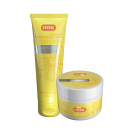
As for transshipment, it refers to the transfer of goods from one vessel or vehicle to another during their journey. While it is more common in industries like shipping and logistics, transshipment is less relevant for skincare products, which are typically transported directly to their final destinations without the need for intermediate transfers.
In the context of skincare products, the focus is on ensuring compliance with international regulations and standards for product safety and quality during the export process.
The ideal age to start using anti-aging products and procedures varies based on individual factors such as genetics, skin type, and lifestyle. However, a general guideline is to establish a preventive skincare routine in your mid to late 20s or early 30s. This is when the first signs of aging, like fine lines and a decrease in collagen production, may start becoming noticeable.
Basic preventive measures in your 20s and 30s may include:
1. Sunscreen: Consistent use of broad-spectrum sunscreen helps protect against UV damage, a major contributor to premature aging.
2. Moisturizer: Maintaining skin hydration is crucial to prevent the development of fine lines and wrinkles.
3. Antioxidants: Products containing antioxidants, like vitamin C, can help protect the skin from free radical damage.
As you move into your 30s and beyond:
1. Retinoids:Consider incorporating retinoids for their ability to stimulate collagen production and improve skin texture.
2. Eye Creams:Addressing specific concerns around the eyes, like fine lines and dark circles, becomes more relevant.
3. Professional Treatments: Non-invasive procedures such as chemical peels, microdermabrasion, or laser treatments can be explored based on individual needs and preferences.
While individual skincare needs vary, a basic skincare routine typically includes essential products that cater to most people's skin health. Here's a fundamental list:
1. Cleanser:A gentle cleanser helps remove dirt, oil, and impurities without stripping the skin's natural moisture. Choose one suitable for your skin type.
2. Moisturizer:Hydrating the skin is essential for maintaining its barrier function. A moisturizer helps lock in moisture and prevents dryness.
3. Sunscreen:Daily sun protection is crucial to prevent premature aging and reduce the risk of skin cancer. Opt for a broad-spectrum sunscreen with at least SPF 30.
4. Antioxidant Serum: Products containing antioxidants, such as vitamin C or E, help protect the skin from free radical damage and promote a healthy complexion.
Skincare products, both cosmetic and personal care, undergo a manufacturing process that involves formulation, testing, and production. Here's a simplified overview:

It's important for consumers to understand that not all chemicals are harmful, and many skincare products are formulated with ingredients that undergo rigorous testing to ensure safety and efficacy. Natural and synthetic chemicals can both be used in skincare formulations, and their selection often depends on the desired effects and safety considerations.
- Cause:Dry skin is often a skin type, meaning it's influenced by genetics and tends to be a long-term condition. It results from a lack of natural oils (lipids) in the skin's outer layer, leading to a compromised skin barrier.
- Symptoms: Dry skin can feel rough, tight, and may have flakiness or fine lines. It's a result of the skin's inability to retain moisture effectively.
- Management: Proper hydration, using moisturizers with emollients and occlusive agents, and avoiding harsh cleansers can help manage dry skin.
- Cause: Dehydrated skin is a temporary condition caused by a lack of water rather than oil. It can affect any skin type, including oily skin, due to factors like weather, diet, or using harsh skincare products.
- Symptoms:Dehydrated skin may appear dull, feel tight, and show more prominent fine lines. Unlike dry skin, it lacks water rather than oils.

1. Sunscreen: Consistent use of broad-spectrum sunscreen helps protect against UV damage, a major contributor to premature aging.
2. Moisturizer: Maintaining skin hydration is crucial to prevent the development of fine lines and wrinkles.
3. Antioxidants: Products containing antioxidants, like vitamin C, can help protect the skin from free radical damage.
1. Retinoids:Consider incorporating retinoids for their ability to stimulate collagen production and improve skin texture.
2. Eye Creams:Addressing specific concerns around the eyes, like fine lines and dark circles, becomes more relevant.
3. Professional Treatments: Non-invasive procedures such as chemical peels, microdermabrasion, or laser treatments can be explored based on individual needs and preferences.
FAQs
What is the proper order to apply skincare?
Cleanse, tone, apply serums or treatments, moisturize, and finish with sunscreen in the morning. In the evening, skip sunscreen and include any specific nighttime treatments.
Are there procedures to help diminish the appearance of stretch marks?
Yes, procedures like laser therapy, microdermabrasion, and microneedling can help reduce the appearance of stretch marks. Consult a dermatologist for personalized recommendations.
Can my diet really affect my skin?
Yes, diet plays a significant role in skin health. Nutrient-rich foods contribute to a radiant complexion, while dehydration and certain foods can impact skin negatively.
What are the 4 things for skincare?
Cleanse, moisturize, protect with sunscreen, and target specific concerns with treatments. Consistency is key for effective skincare.
 +7929688-88-14
+7929688-88-14

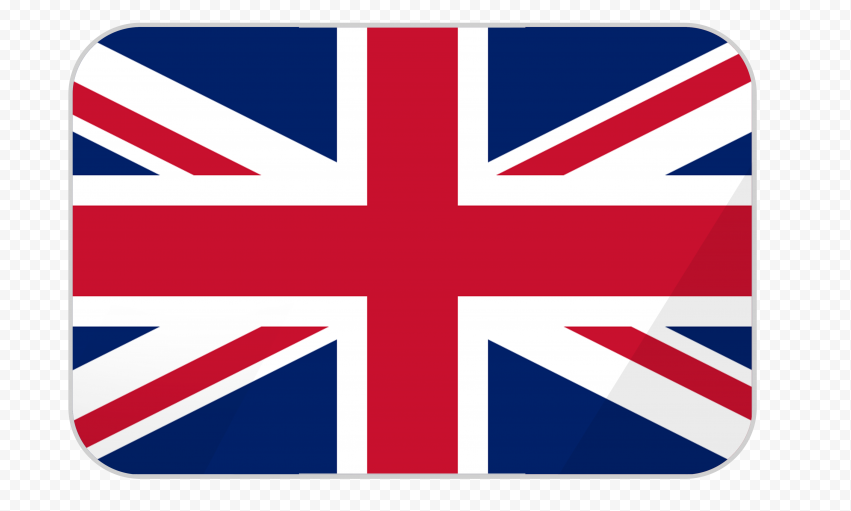 English
English
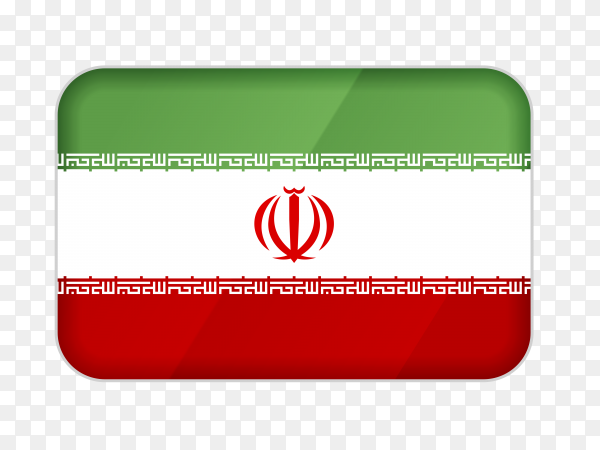 Persian
Persian
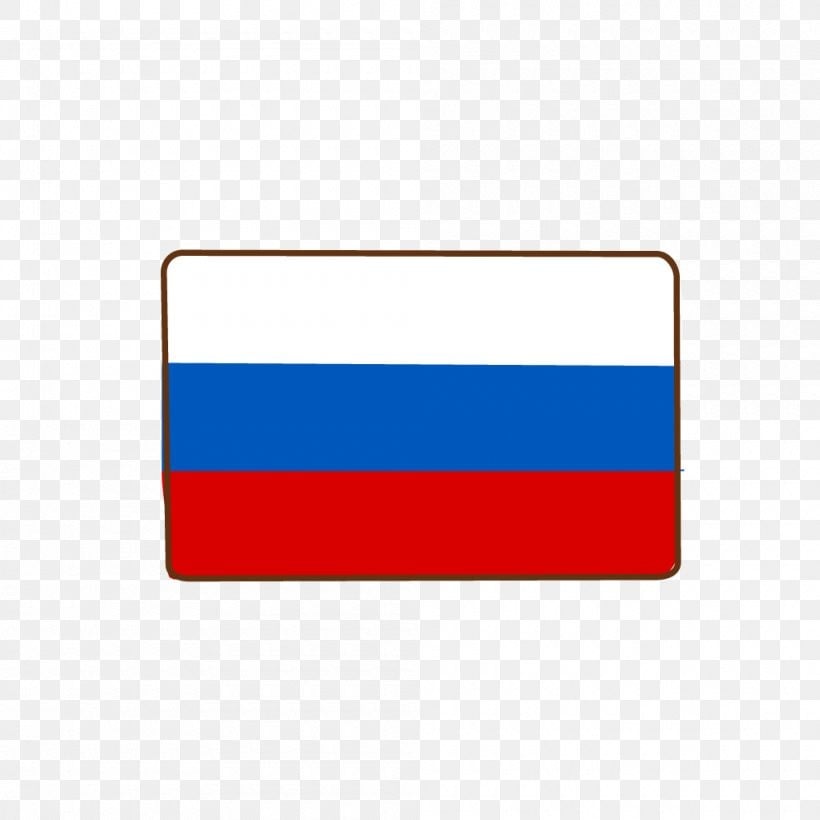 Russian
Russian
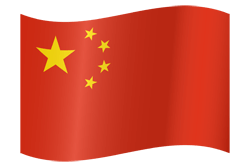 Chinese
Chinese


 +7929688-88-14
+7929688-88-14

